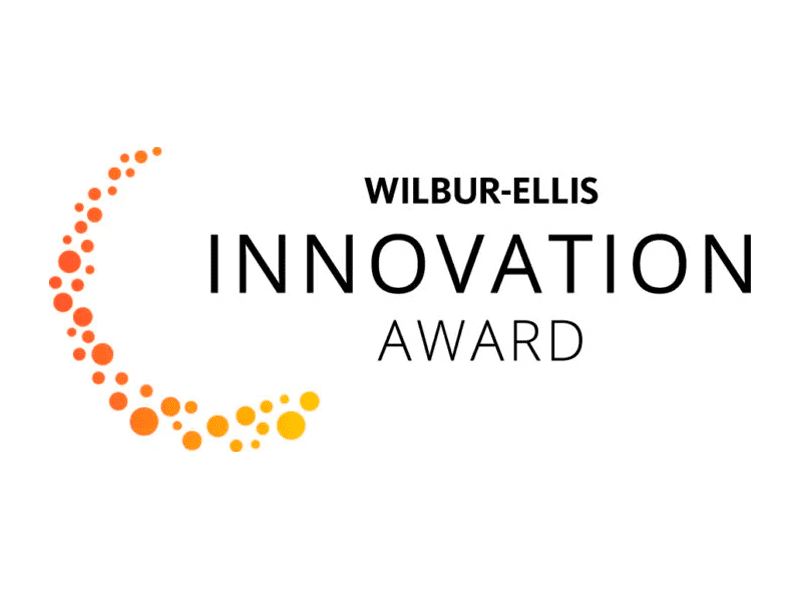SAN FRANCISCO, CA – October 24, 2023 – Where is the next breakthrough in agriculture coming from? The answer could be from the students who participated in the 2023 Wilbur-Ellis Innovation Award.
This video from the Innovation Award celebration features the winners of a $25,000 grand prize and four $5,000 honorable mention awards, along with the judges who evaluated the teams’ ideas for feeding a growing world, which were featured on Farm Journal’s AgWeb site. In the video, the students talk about how the Innovation Award helped them explore creative solutions to a major global challenge – feeding a population that is expected to grow by 2 billion people over the next 30 years.
“The Innovation Award was launched as part of the company’s 100th anniversary celebration in 2021. In the two years since the program began, 230 students have participated on 60 teams, bringing forward creative ideas to enhance agriculture and food production,” said Wilbur-Ellis President and Chief Executive Officer John Buckley. “Choosing the most innovative ideas from such a great collection is difficult. But this year, one idea was particularly impressive – and that idea came from the Grain Science Team at Kansas State University, which received the Innovation Award’s top prize of $25,000.” The team proposed:
- Increasing production of perennial crops. The KSU team made the case that perennial crops require less soil-intensive practices than annual varieties, and outlined how increasing production of perennials could promote soil health, biodiversity, carbon sequestration, water quality, and agricultural systems that can adapt better to climate change.
Four teams received $5,000 Honorable Mention awards for these ideas:
- Tapping the potential of halophytic algae to desalinate salt water. The Retriever Essentials Team from the University of Maryland, Baltimore County, outlined how this innovative approach could increase water supplies for agricultural production in coastal regions facing water scarcity.
- Using 3D biophysical crop models and Virtual Reality technology to help growers make better informed crop management decisions. The Helios Team from the University of California, Davis, outlined how greater use of this technology could improve crop productivity, resource efficiency and sustainability.
- Expanding production of mushrooms as a high-quality, economical source of protein, fiber and other nutrients. This idea was explored by the Controlled Environments Club at Iowa State University, which proposed growing mushrooms in highly controlled environments (like container farms), which could be especially beneficial in urban areas where land is limited.
- Increasing the diversity of pollinators, as well as expanding habitats and resources to help them flourish. The Kansas State University Entomology Team focused not only on honey bees – which are essential food pollinators, supporting more than 80 crops – but also on other pollinators, including birds, bats and butterflies.
Congratulations to all the Innovation Award winners … your creativity is an inspiration for everyone who cares about the future of agriculture! To learn more about the Innovation Award and this year’s winners, visit https://www.wilburellis.com/innovation-award/.


